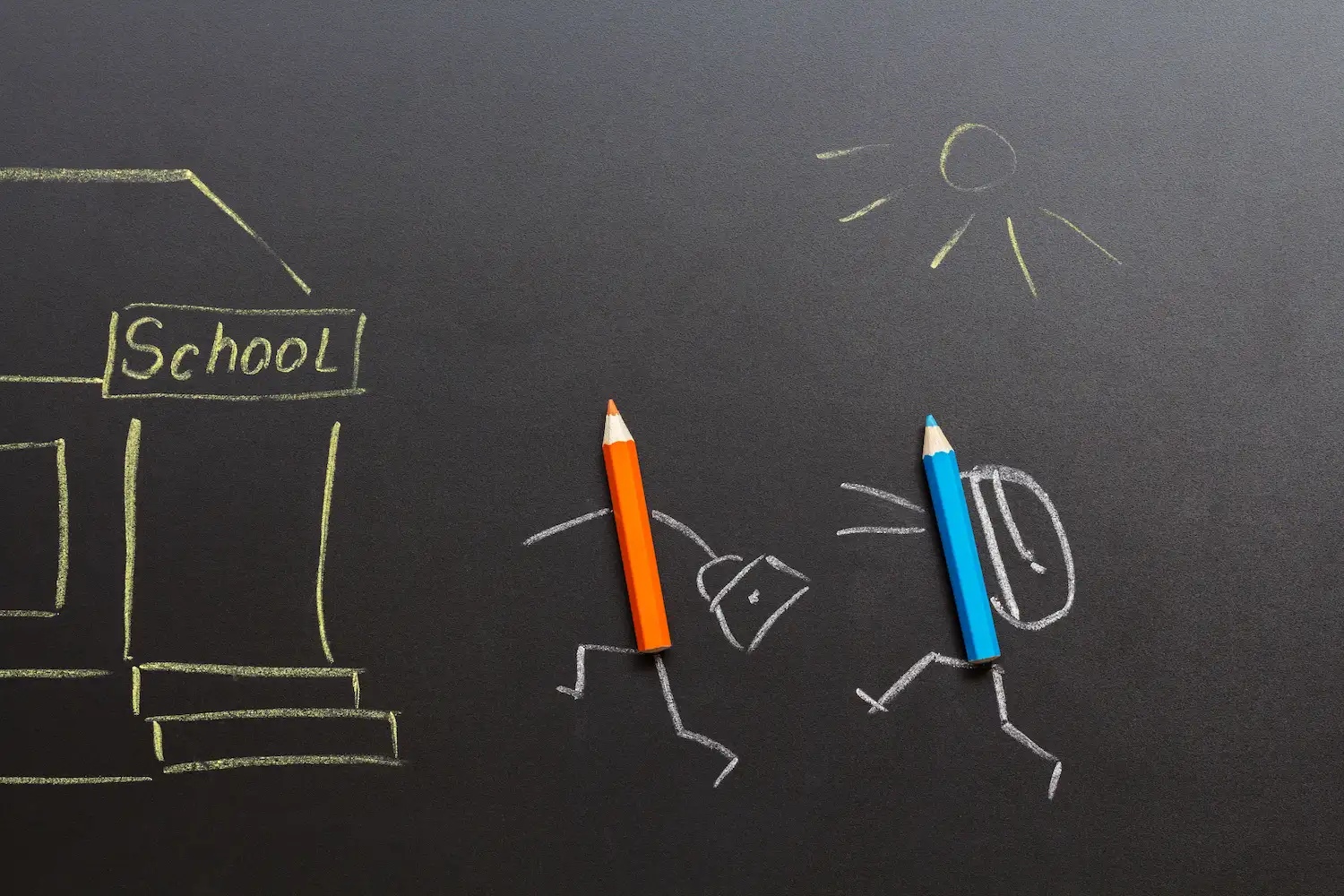
HELP SET YOUR STUDENT UP FOR SUCCESS
It’s “Back to School’ season!
Our seasoned parents know it’s time for school clothes, shopping, school supplies and jam packed backpack packing!
The phrase ‘back to school’ can evoke feelings of exhilaration, exasperation, or a little of both. The progression to a higher grade can often lead to higher stress levels too. Middle Schoolers are dealing with new schedules and navigating multiple teachers. They are also learning new social norms that accompany puberty. High Schoolers are preparing for college, SAT testing and trying to decide a future occupation. College students are dealing with the freedoms of being an adult along with all the pressures associated with the pursuit of higher education.
Transitioning back to school can lead to heightened stress and anxiety. Our teens and
young adults may also be dealing with problems at home, social anxieties, lack of confidence,
financial issues and even addictions. The combination can be a powder keg that can easily result in issues such as depression and more that can be detrimental to their development and could extend to life-long problems.
Elementary students aren’t immune to these challenges either. From social stressors to academic expectations and the pressures of daily life in the 21st century, our kids experience anxiety and stress more than ever before. However, just like preparing for the first day of school with fresh supplies, you can proactively increase their confidence and peace of mind by starting a few daily habits now. Adhering to such a regimen can bolster their ability to manage the transition back to school life.
1. Have a conversation. Ask your student what they are looking forward to this school year and what they might be concerned about. Listen intently and offer emotional support and security. If they share a specific problem they’re concerned about, help them build confidence by guiding them to a solution vs. telling them what to do.
2. Create manageable expectations regarding academics, athletics, other programs. Be careful to include time for your student to simply relax and enjoy personal interests. If they seem stressed or anxious, acknowledge it and help them create a game plan to manage it. Be careful to avoid fixing their problem since learning how to manage life is part of growing up and will aid your student in building greater confidence long-term.
3. Make sure they are getting enough sleep. Teens in particular need 8-10 hours of sleep each night, and 9-12 hours at night is needed for our 6 to 12 year olds. This can be challenging with today’s jam packed calendars, but remember, kids are growing and developing rapidly during their first 18 years. Quality sleep allows them to do this more fully and can greatly reduce stress and anxiety on a daily basis.
4. Create daily practices your student can use to maintain a more relaxed mindset.
A certain measure of stress is a normal part of life, however if you find your child is
experiencing stress or anxiety at a level that hinders their ability to enjoy life in general, it is important to explore additional resources to help them bring it back to a manageable level. For example, you could enroll them in counseling/group therapy or talk with your physician about treatment options.
You can also talk to a certified clinical hypnotherapist like myself. A hypnotherapist can
assist your student with creating strong subconscious programs that can quickly increase their confidence, reduce stress and assist them in strengthening study habits and test taking skills. Hypnotherapy has been used for several hundred years to safely and effectively assist people in managing a wide variety of health issues as well as build confidence and reduce anxiety, depression, and stress. The Confidence Shoppe, a wellness partner of ‘An Optimal You, offers private and group hypnotherapy workshops for teens and college age students to hone these skills and much more. (private only sessions for younger students). Please contact our office for further information as we offer a free consultation for new clients.
In closing, remember to manage your stress too! A calm, confident, and centered parent
is able to create a secure foundation for kids. In a world where life is often lived in the fast lane,
taking time to feel peaceful and calm is more important than ever and only takes a few moments a day to accomplish.
Try the above tips out for your students and yourself. Use this strategy to find the peace and
well earned relaxation you deserve!!!